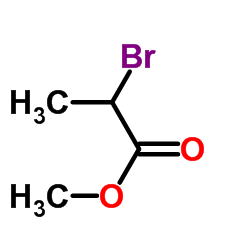| Structure | Name/CAS No. | Articles |
|---|---|---|
 |
Methanol
CAS:67-56-1 |
|
 |
Methyl 2-bromopropionate
CAS:5445-17-0 |